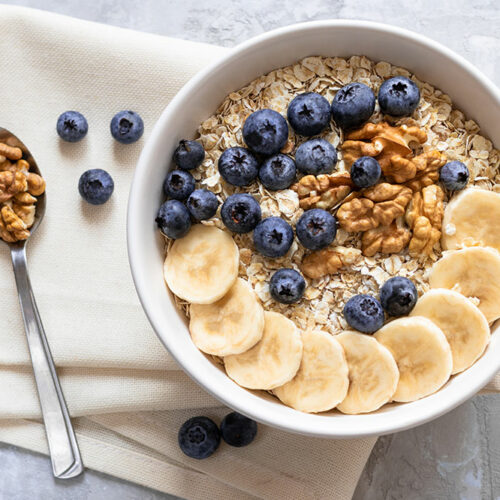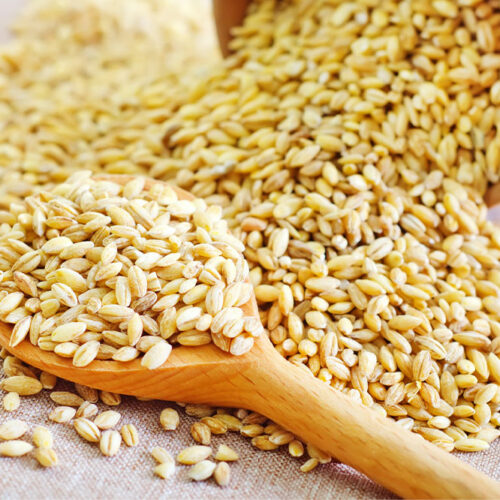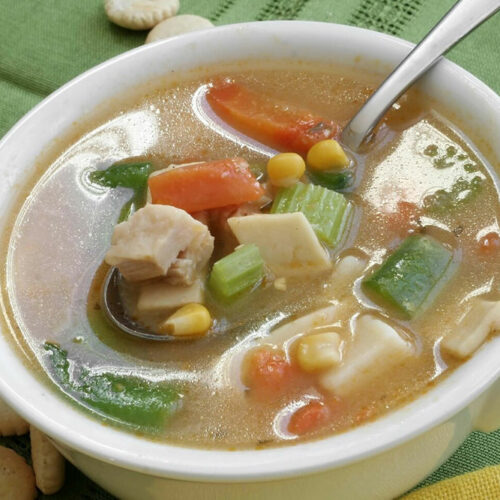9 foods for better management of GERD symptoms

GERD, or Gastroesophageal reflux disease, is a chronic acid reflux condition that affects around twenty percent of the population. This condition causes burning discomfort, bloating, or even belching after almost every meal. One of the reasons this acid reflux happens is if the lower esophageal sphincter is weakened or damaged. The best way to manage this disease is to structure a good meal plan to avoid reactions. Here are some best foods to manage GERD. Ginger This has been used as a remedy root for many centuries for various chronic ailments. It has natural anti-inflammatory properties, which help treat complications like heartburn and other gastrointestinal problems. This root is said to have phenolic compounds, known for their ability to relieve gastrointestinal irritation and help reduce gastric contractions that can cause pain. Since it is also an anti-inflammatory herb, it helps reduce inflammation of the esophagus, which causes this acid reflux. You can consume this herb in several ways by adding it to food recipes or tea. Also, be careful not to overuse this ingredient and eat in moderation. Oatmeal A whole-grain breakfast option, oatmeal, is considered excellent for gut health. It is full of fiber which is known for its digestive properties that are essential when dealing with issues related to the gastro.






